Green Tips


Who are the SEAI?
The SEAI is Ireland’s national sustainable energy authority whose role it is to help homes, businesses, communities, and industry to be more energy efficient. They also support the development of clean energy technologies that cause less harm to the environment.
The SEAI operates a number of schemes for homeowners, including:
Better Energy Homes
The Better Energy Homes scheme provides grant aid to private homeowners who wish to improve the energy performance of their home. Fixed grants are provided towards the cost of a range of measures including attic insulation, wall insulation, heating systems upgrades, solar thermal panels and accompanying Building Energy Rating (BER).
Find out more about Better Energy Homes from the SEAI
The Better Energy Warmer Homes Scheme
The Better Energy Warmer Homes scheme delivers a range of energy efficiency measures free of charge to low income households vulnerable to energy poverty. The measures available typically include draught proofing, attic insulation, lagging jackets for hot water tanks, low energy light bulbs, cavity wall insulation and roof and wall ventilation.
Find out more about the Warmer Homes Scheme
Warmth and Wellbeing Pilot Scheme
The Warmth and Wellbeing Scheme aims to improve the living conditions of vulnerable people living with chronic respiratory conditions.
Further information on individual grants offered through the Better Energy Homes scheme can be found here:
A home can lose over 30% of its heath through poorly insulated walls. Grants from the SEAI include cavity, internal and external wall insulation, along with attic insulation grants.
The SEAI provide detailed information on the Insulation Grant
Solar thermal systems are designed to meet 50-60% of your overall hot water requirement over the year, thereby saving you money on your annual hot water heating bills.
Find out more about the Solar Thermal Grant and apply online.
As part of the Better Energy Homes programme, homeowners must carry out and publish a BER. This grant goes towards the cost of a BER assessment.
Click here for more information: https://www.seai.ie/grants/home-grants/better-energy-homes/ber-grant/
Installing a heat pump system in a well-insulated home will transform the comfort levels in your home and offers an attractive alternative to fossil fuel heating systems, offering lower costs and reduced carbon emissions
Click here for more information: https://www.seai.ie/grants/home-grants/better-energy-homes/heat-pump-systems/
This grant can help you reduce your energy usage by up to 20% with easy to use heating controls and save money on your home heating bills.
Click here for more information: https://www.seai.ie/grants/home-grants/better-energy-homes/heating-upgrade-grants/
What we can and cannot put in our recycling bins has become a big talking point across Ireland. At present up to one third of all household recycling bins contaminated by unrecyclable material.
Recycled materials such as paper and cardboard, metals and plastic can be sold on the global market but the prices and demand for these materials constantly change. To get the best value for our materials, they need to be cleaned and sorted. China and India are major buyers of recyclable material from Europe and they use these materials for manufacturing instead of extracting raw materials. Recently, China and India have requested higher standards and are no longer purchasing mixed materials such as plastics, paper or cardboard baled together.
For Ireland to sell its recyclable materials we need to be able to separate these materials quickly and easily. Each household must take care that they only add items from the list to the recycle bin and these items should be clean, dry and loose.
The following is a list of the materials you can put in your household recycle bin. Make sure items are clean, dry and placed loosely in the bin. If it’s not on the list, it’s shouldn’t be in the recycle bin.
Rigid Plastics |
Tins & Cans |
Paper & Cardboard |
| Plastic Drink Bottles | Soup Cans | Letters and Brochures |
| Plastic Cleaning Bottles | Pet Food Cans | Cardboard Boxes (Flat) |
| Butter, Yoghurt & Salad Tubs | Drink Cans | Egg Boxes |
| Fruit & Veg Trays | Food Cans
|
Toilet & Kitchen Roll |
| Plastic Milk Cartons | Newspapers | |
| Soap or Shampoo Bottles | Tetra Pak Juice or Milk Cartons |
Click the following link for a printable list for your fridge:
https://recyclinglistireland.ie/wp-content/uploads/2017/11/the-new-recycling-list.pdf
Items not on the list
Coffee Cups
Carrier Bags / Refuse Sack
Soft Plastics
Paper Towels / Napkins
Glass
Aluminium Foil & Trays
Dirty Pizza Boxes
If items once contained food or liquid they must be rinsed clean and given a shake to remove the water before going into your recycle bin. Food and liquid can contaminate the materials in the recycling bin. Wet paper cannot be recycled.
Your mixed recycle bin is sorted into different categories for recycling. If you have placed items inside one another, the machines will not be able to sort them and unwanted items such as food or nappies can enter the system while precious resources are lost.
The Sustainable Energy Authority of Ireland is offering grants of up to €5,000 for a Battery Electric Vehicle (BEV) or a Plug-in Hybrid Electric Vehicle (PHEV) purchased and registered in Ireland.
In addition, these vehicles also qualify for VRT relief of up to €5,000 for a BEV and €2,500 for a PHEV, providing a maximum combined subsidy (grant + VRT relief) of €10,000 for BEVs and €7,500 for PHEVs. Grants are accessed via the dealer.
The SEAI maintains a list of eligible vehicles and the location of dealers.
Fine Gael is continuing to work across Government to tackle climate change and maximise energy efficiency, for example: